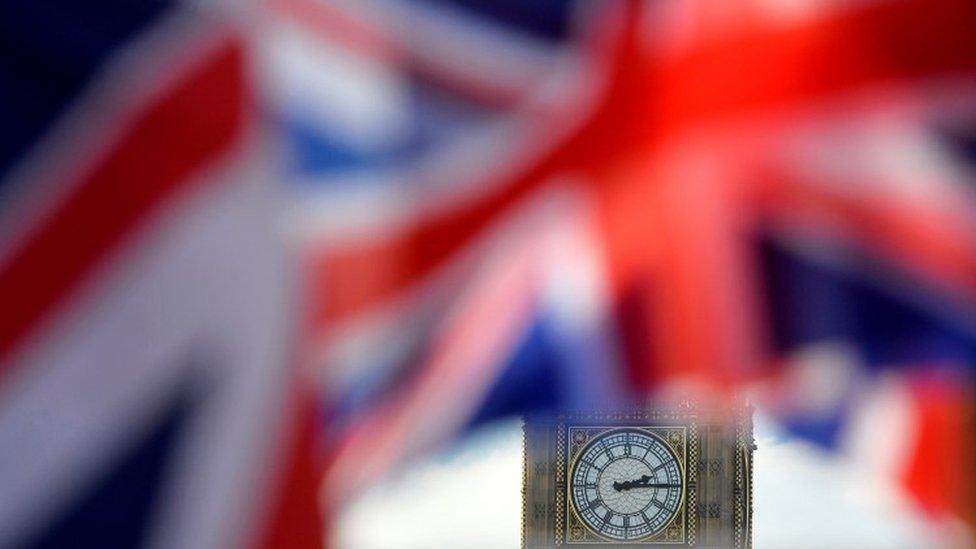Brexit: Asian shares fall sharply as UK votes to leave EU
- Published
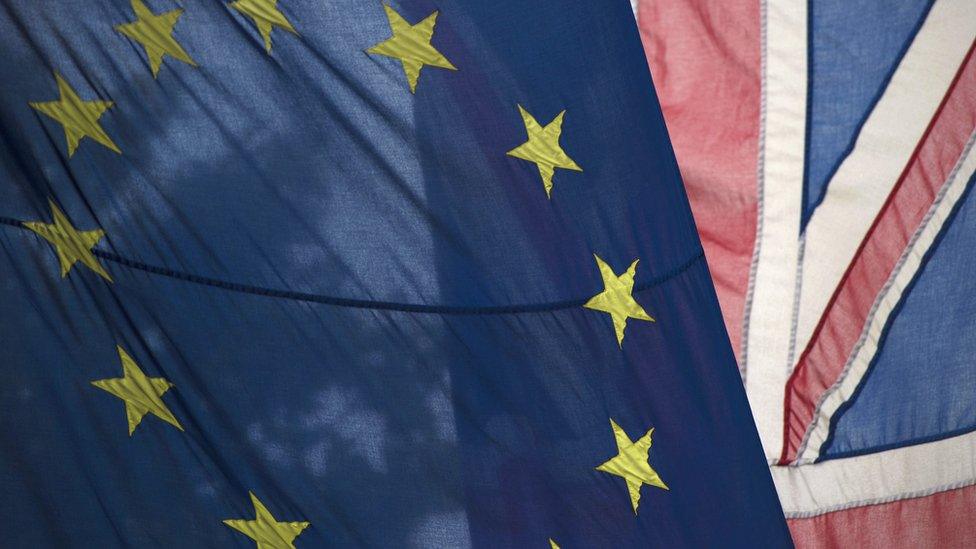
Asian shares have fallen sharply as traders react to the UK voting to leave the European Union.
After initial gains, Japan's benchmark Nikkei 225 closed 7.9% down at 14,952.02 points, the biggest one-day fall since the 2011 tsunami.
The UK voted by 52% to 48% to leave the European Union after 43 years, in a historic referendum.
Analysts said investor sentiment is rattled by the looming uncertainty on markets around the globe.
The British pound at one point hit its lowest level since 1985.
The Japanese yen has surged to 102.4 to the US dollar as investors now see the currency as a safe haven. Tokyo has for years been trying to keep the yen low as any surge in the currency hurts the country's exporters.

'Panic mode' - Karishma Vaswani, Asia Business correspondent
It wasn't supposed to be like this, one trader in Singapore told me this morning. His clients had priced in a Remain vote, and were - as he put it - pretty complacent about the results from the EU Referendum.
But as the results started trickling in, the mood most definitely soured. Another trader told me that activity on the firm's trading desk in Australia was so frenetic, that Singapore had to start taking some of the calls. Investors are in panic mode.
It's the same all over Asia. Shares sensitive to what goes on in the British economy and that are listed in London and in HK like Standard Chartered Bank, HSBC, Prudential and Glencore all taking a hit as investors sell, sell, sell and pour their money into traditional safe bets like gold.
Investors in Asia are on edge today, as they try and make sense of the results coming in from the UK. As one market watcher in Singapore told me, the last time there was this much chopping and changing in the markets was during the "Great Fall of China's stocks" last summer.

Japan's currency woes
Bank of Japan governor Haruhiko Kuroda said the central bank stood ready to ensure market stability.
"The BOJ, in close co-operation with relevant domestic and foreign authorities, will continue to carefully monitor how the [EU referendum] would affect global financial markets," Mr Kuroda said on Friday.
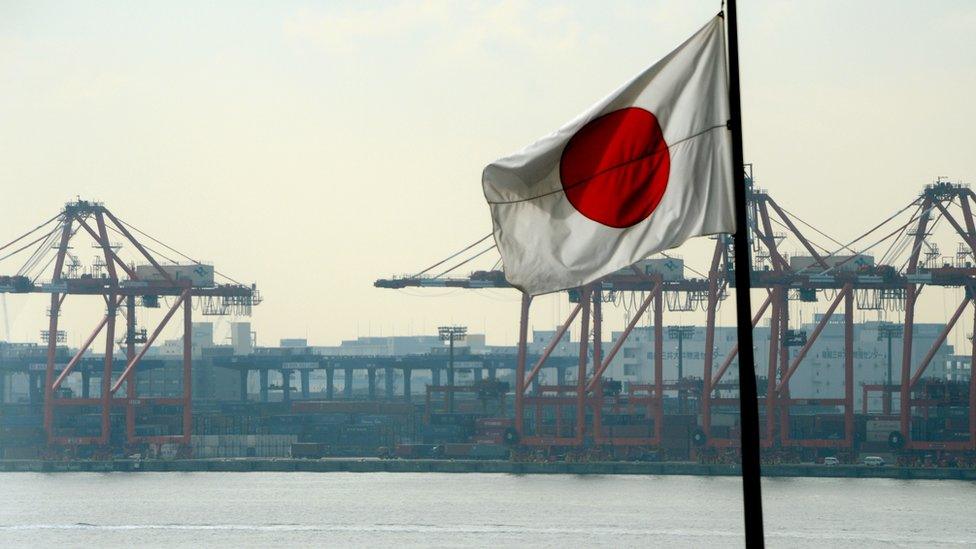
Japanese exporters dread a rise of the yen
Most of Japan's big exporter companies took major hits with Bridgestone, Toyota and Panasonic all losing more than 8%.
Companies with production hubs in the UK also suffered. Hitachi, which produces trains in Britain, fell 10.3% while carmaker Nissan which has plants in the UK fell 8.1%.
"For Japan, a sharp yen appreciation is the most concerning outcome from Brexit," Takuji Okubo, chief economist with Japan Macro Advisors, told the BBC.
"A sharp yen appreciation poses a threat of a return to deflation, causing prices to drop, corporate profits to shrink and asset markets to fall," he said.
"Japan cannot afford to sit back. With the BoJ nearly having exhausted its easing options, currency intervention is one of the only policy measures Japan can take to fight back the tide of deflation," Mr Okubo said.
Other markets in Asia
In South Korea, the Kospi index closed 3.1% lower at 1,925.24. The Korean won has dropped the most against the US dollar since the beginning of June.
Australia's ASX/200 finished the day 3.2% lower at 5,113.20.
In China, the mainland Shanghai Composite was down 1.3% to 2,853.98 while Hong Kong's Hang Seng is down sharply 4.2% to 20,005.62 points.
Mumbai's Sensex in India also fell by 3.6% to 26,024.85 points.
"There has been a sharp knee-jerk reaction in markets, as hopes of Bremain had gained traction in the past week," Shubhada Rao, analyst with Yes Bank in Mumbai told the BBC.
"In the near-term, equity and currency markets could test new lows, while continuing to closely watch developments in UK for the way ahead."
- Published19 June 2016
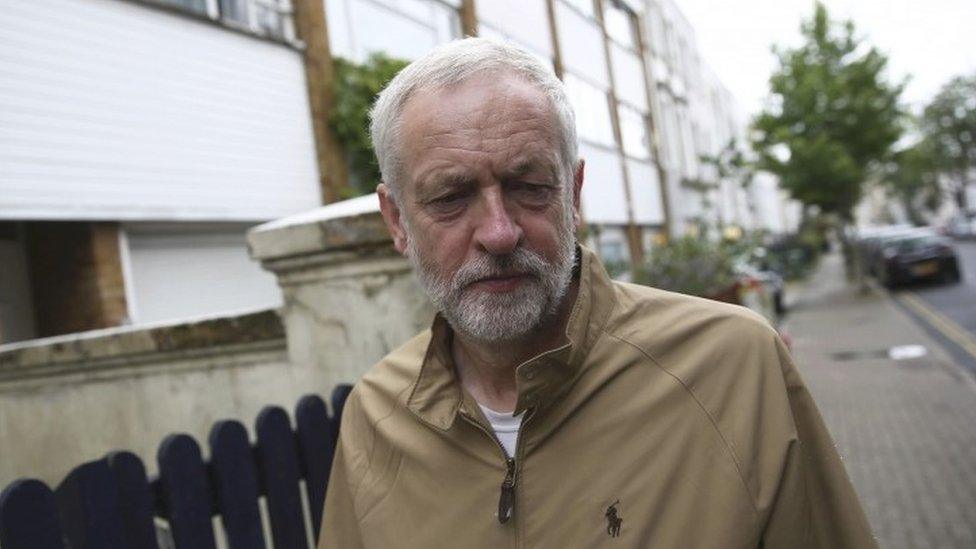
- Published24 June 2016
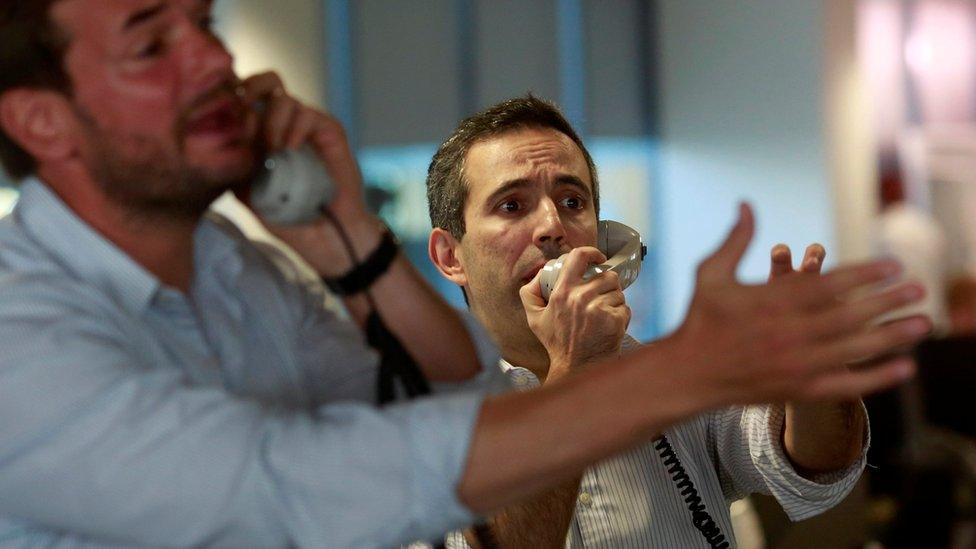
- Published29 June 2016
